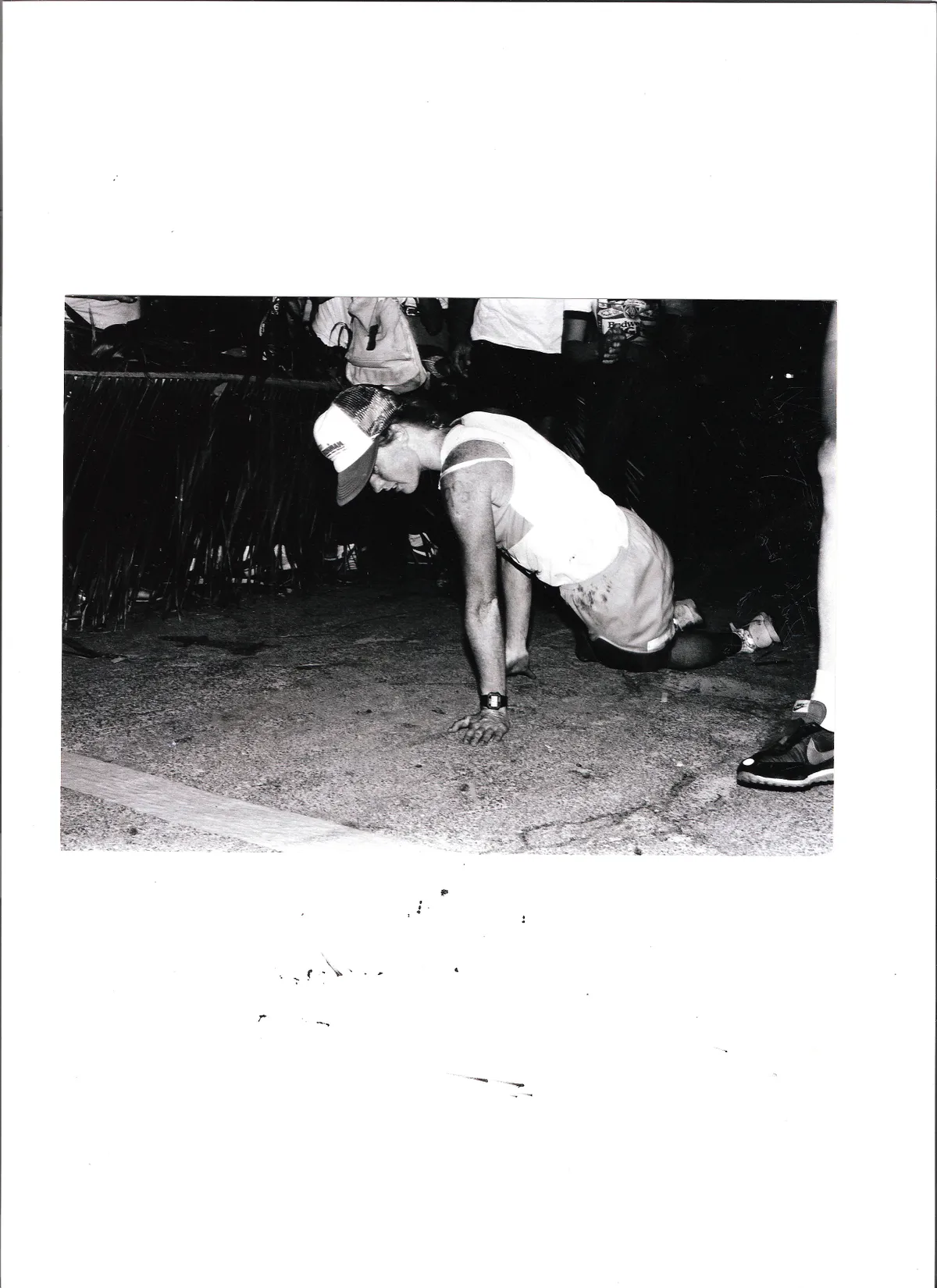Triathletes are a tough bunch. The very nature of the sport requires a good deal of suffering, and the type of people who enjoy endurance events seem to have that 'never quit, push through the pain' mentality hardwired into their very being.
Mere mention of the word - DNF (or Did Not Finish) - is taboo in triathlon circles, as if speaking of such things might call them into existence. But is a medal really worth ending up in the medical tent with complications that could affect your potential to race again in the future?
Sometimes, it just isn’t your day, whether due to extreme weather conditions, gastrointestinal distress, or an equipment malfunction. So is it ever a good idea to stop racing and live to fight another day?
How do you make the decision to quit a race?
“The decision to pull out of a race is one of the toughest an athlete will ever make,” says former pro triathlete and coach of B78 Coaching, Jasper Blake. “Getting to the finish at all costs is often hard wired into our psyche, especially in events like Ironman, where just finishing is an accomplishment.
"There’s an epic nature that we like as a triathlon community. We celebrate and praise athletes that get to the finish, despite incredible odds.”
The urge to persevere, no matter what, calls to mind the image of Julie Moss at Kona in 1982, when she collapsed 100 yards from the finish and crawled on her hands and knees across the line.

Arguably, the most famous photograph in triathlon, the scene depicted is one of an athlete at the very brink of exhaustion, but refusing to quit. She would later say that she had nothing left to give, but her inner voice simply wouldn’t allow her to quit. So she continued the only way her body would allow. She crawled.
“We love seeing athletes overcoming incredible odds to get to the finish,” Blake says. “We celebrate it, and so we should. However, there are times when making the call to discontinue is a good one.”
Why do triathletes quit races?
At the recent 2021 Ironman World Championship in St. George, Utah, there were 38 starters in the men’s professional field, but only 27 finishers. That’s a DNF rate of approximately 29%. Reasons reported included mechanicals, nutritional issues, and even a crash on the epic course in extreme conditions.
Safety risk
Blake says the 'hard stop' for his athletes is if safety is legitimately at risk. “A bike mechanical that doesn’t allow you to ride safely would be a smart reason to discontinue,” he says. “Severe dehydration or hyponatremia is cause for major concern and could potentially lead to long-term issues. Stopping in either of these cases would be advised.”
Because we’re not very good at judging our own state in the heat of the moment, Blake says it often takes the insistence of an outside party, like medical personnel or a coach, to help an athlete make the right call.
In the same vein, we’ve all heard stories about an athlete finishing a race with a broken rib sustained during the swim or after a bike crash. Again, safety trumps all in situations involving injury.
At that point, you have to consider cost versus reward. Could you run the last half of a marathon after pulling your calf muscle? Potentially. Will you cause enough damage that it might hinder your ability to race in the future? Probably.
Extreme weather
Extreme weather conditions like rough surf or a thunderstorm might be another reason for an athlete to call into question their desire to continue a race. However, monitoring weather conditions is a responsibility of the race director and, more often than not, any weather-related decisions will be made for you.
An 'off-day'
The decision to abandon a race might depend on a personal situation. For example, a professional athlete might choose to discontinue if he or she is having an off day, but there are no safety concerns.
“This decision gets complicated,” Blake says. “On one hand, it’s contrary to the spirit of sport, in that we should finish what we start, and we should fight until the end, even if it means we don't win. On the other hand, many pro athletes are moving from race to race with a high degree of frequency and trying to earn a living.
When events are long, like an Ironman, the toll on the body is very high. It's important to pick your moments. The physical cost of finishing might be counter productive if it means you show up completely smashed for next weekend’s race.”
That brings up another point about considering the cost that finishing a race will have on your body and mind.
Making the decision to stick or quit a race
Barring serious injury, there’s no real harm to finishing a shorter-distance event, even in the face of considerable obstacles. That’s because the toll on your body isn’t as high as it is for a [half Ironman] 70.3 or [full Ironman] 140.6, which is a different beast entirely.
The discomfort we experience in endurance events is part of what we sign up for. Pushing through the pain and overcoming adversity are some of the reasons why we do triathlon in the first place.
“In a way, we want proof that we’re capable and courageous, and endurance events allow us the opportunity to show this to ourselves,” Blake says. “For the most part, I instill in my athletes that they should do everything in their power to finish, even if the day is going sideways.”
But, again, the hard stop situation should always come back to safety. The bottom line is that if you’re physically able to continue, you should always try.
“The situation when you contemplate pulling out should be on the VERY rare occasion that the cost of continuing is too high,” Blake says. “These situations should be so rare that they may only happen a couple of times in your entire career. Outside of these moments, you should fight to get your butt to the finish, even if it means you get your butt kicked.”
Top image: Charles McQuillan/Getty Images for Ironman
